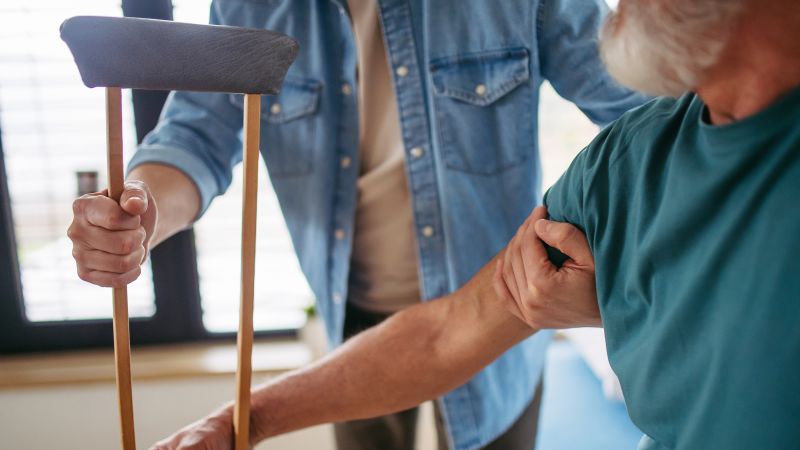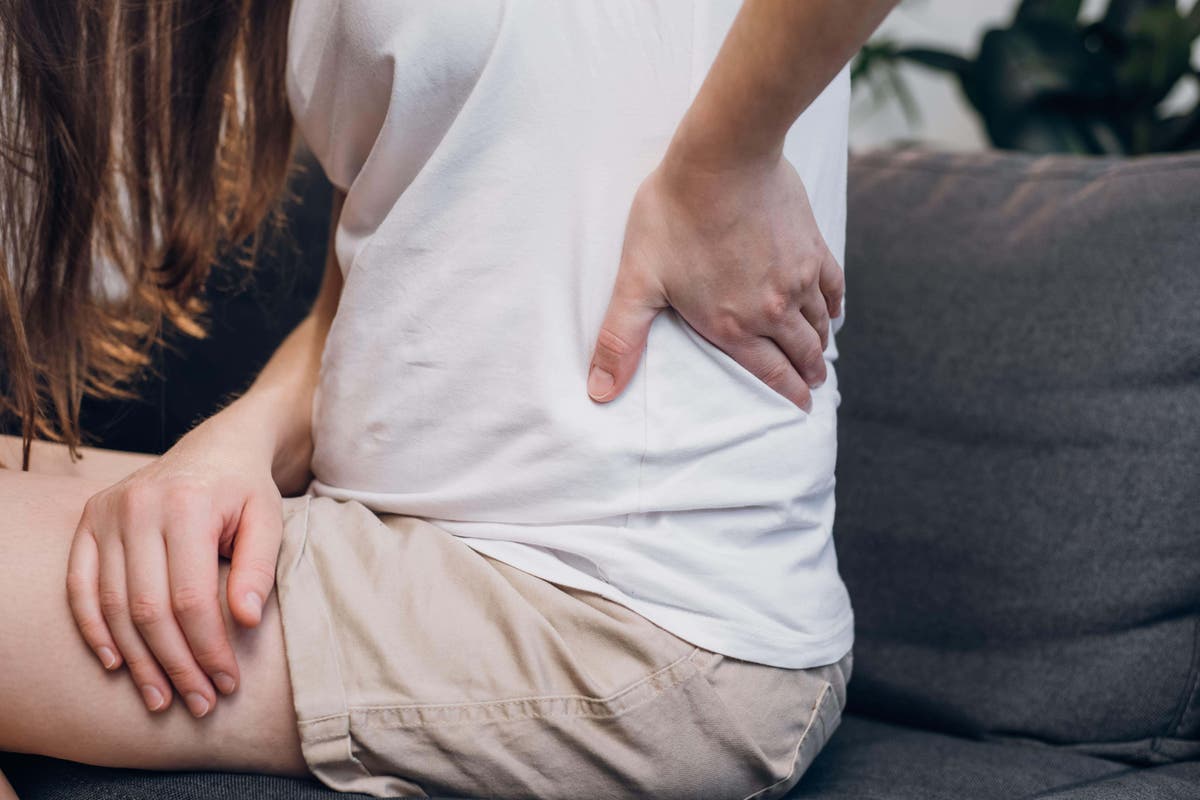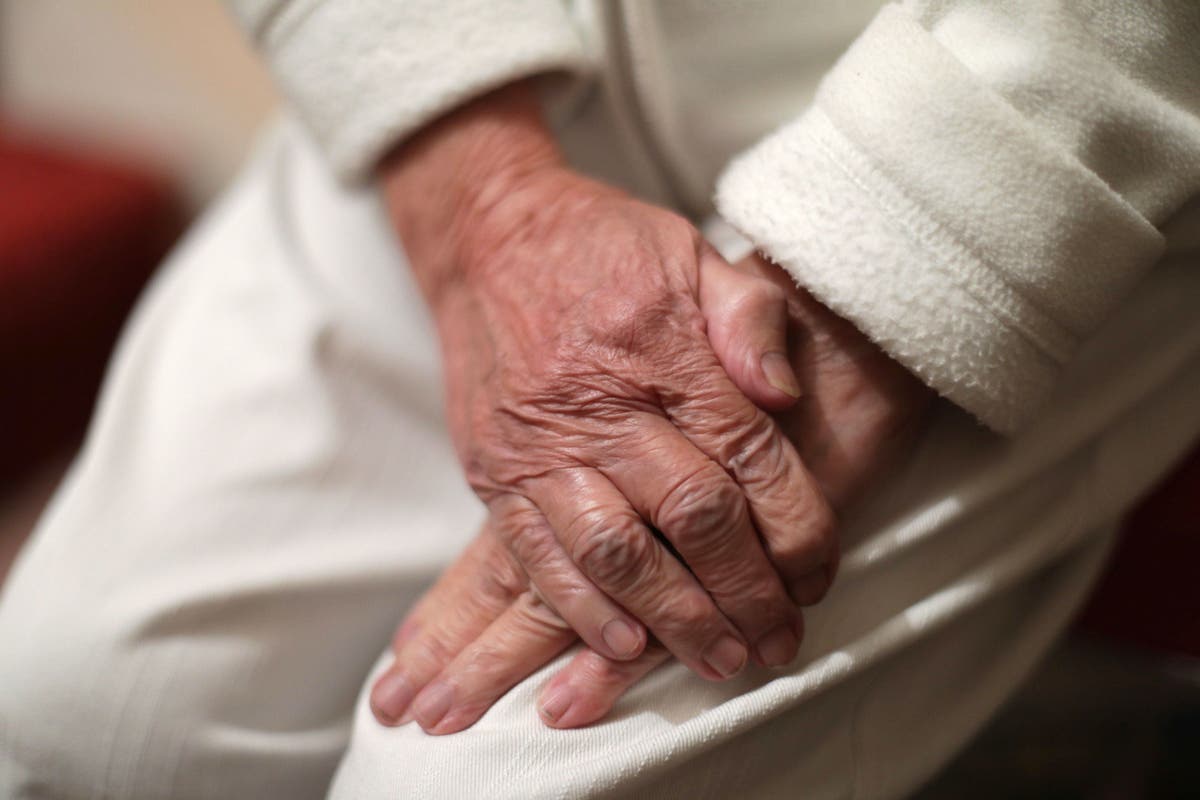)
Age-related muscle loss: Study finds rapamycin may delay sarcopenia; diet, exercise key to minimise decay
FirstpostThe muscles in your body are at their peak while you’re in your 20s, but this changes soon after you hit your 30s. According to Harvard Health Publishing, age-related muscle loss or sarcopenia is a natural part of ageing, and you can lose 3-5 percent of muscle mass every decade starting from your 30s. The researchers behind this study focused on understanding how the activation or suppression of mTORC1 — or the mammalian target of rapamycin complex 1, a protein that synthesizes lean muscle mass — in the body can affect age-related muscle loss. The study also concludes that long-term mTORC1 suppression through treatment with the drug rapamycin can significantly reduce age-related loss of skeletal muscle size and function. A study published in Nutrition Research in 2017 recommends the proper adoption of two key lifestyle methods that can work against age-related muscle loss.
History of this topic

The Way You Ate 10 Years Ago? Here's Why It's Not Working For You Now
Huff Post
Reverse muscle loss, improve your life! This strength-boosting supplement shows a 133% increase in muscle mass WITHOUT exercise - and you can get it in the Amazon Prime Day Sale!
Daily Mail
How to slow muscle loss and get fitter as you age
Live Mint
Muscle is important for good health – here’s how to maintain it after middle age
Hindustan Times)
How to Retain Muscle Mass As You Age
News 18Discover Related




)








































